The self-starter farmers’ protest has snowballed into a national movement, one that has made the Govt uncomfortable
If Union Home Minister Amit Shah has stepped in to solve the farmers’ protest over the new Acts enacted by his Government, it shows that he has sensed the runaway consequences of a localised dissent turning into a national movement. And that’s because this agitation, quite unlike the demonstrations over the citizenship law or the students’ protests, cannot be attributed to liberal advocacy, ideological conflict or the Opposition’s conspiracy, but is coming from the sons of the soil. And they have decided to speak for themselves without taking the help of either politicians, rights activists or celebrities, drawing traction with their quiet dignity and right to live with it. They have demanded their equity in the new order, not as a constituency or votebank, but as conscious citizens. In that sense, they embody the deeper undercurrent of a revolt against the authoritarian dispensation of the day that expects its people to yield to the weight of majoritarianism. The farmers have shown that heft isn’t always about numbers. In fact, the subliminal resentment now has vented itself and become a voice that doesn’t need endorsement. On the contrary, politicians, sportsmen, civil society, celebrities are latching on to them than the other way round, when the cause needs to rent them. True, the farm laws attempt structural reforms to liberalise the agriculture market but they do not factor in the farmers’ well-being and comfort or hand-hold them to a new regime where they have a level-playing field. They have, therefore, become the ignored voice of the common man at the mercy of the State’s imposition. That’s why the farmers have resurrected Guru Gobind Singh’s Pagri Sambhal Jatta Lehar movement. For the Sikh guru made it a symbol of honour, the right of every honest man to live a life of dignity and declassified it as a right of the elite. Peasants, who rose against the British Raj, used the pagri to band together dissolving their identity based on religion or caste. That’s why though the Government has been trying to box the protesters in as belonging to Punjab and button-holing it as a State problem, the farmers are reminding us that this is not a problem of Sikh farmers, redefining the pagri as worthy of any one of them who fights for their rights. It is this universalising of agenda, with some farmers’ unions now drawing attention to other causes, like the incarceration of students, activists and teachers, that has made their activism credible enough to be taken seriously by the establishment. Particularly when it is spreading in State after State and farmers’ lobbies, through NRI pressure groups, have been successful in getting legislators in the US, UK and Canada involved and defend their right to protest.
Their integrity and commitment have been strong enough to draw in other trade unions, be it of transporters, traders, taxis, banks, railways, even lawyers, basically working class people who almost always turn out to vote. This coalescence is stronger than any of Shah’s intention to break up the unions. This is a political capital too difficult to ignore. One that has forced all parties, particularly those in the Opposition, to ignore their hypocrisy and stand with farmers. Which is why Prime Minister Narendra Modi himself called Shiromani Akali Dal (SAD) patron Parkash Singh Badal on his birthday, more to assuage concerns, considering that the latter had returned the Padma Vibhushan, demanding rollback of the farm Acts. In fact, with Punjab Assembly elections in 2022, the SAD couldn’t risk its image with farmers. So it walked out of its alliance with the BJP and withdrew its Minister for Food Processing, Harsimrat Kaur Badal. Punjab Chief Minister and Congress leader Amarinder Singh went a step further, amending the Central law and bringing in fresh Bills in the Assembly, guaranteeing existing rights of farmers. This seems odd considering the Congress, which has itself been reformist on the agriculture sector and favoured some of the measures in the farm Acts, has done a U-turn. It even advocated dismantling the State Agriculture Produce Marketing Committee (APMC) Acts in its 2019 manifesto. And despite promising loan waivers in States ruled by it, it has failed to provide even limited relief. The Aam Aadmi Party (AAP), which initially had a hands-off attitude to the farmers’ stir, is now supporting it primarily because it is still ambitious about making inroads into Punjab. Hence AAP leader and Delhi Chief Minister Arvind Kejriwal made it a point to visit agitators at the State’s borders. This despite the farmers refusing AAP support for community kitchens and shelters. Bengal Chief Minister Mamata Banerjee, whose State wouldn’t be much affected by the new laws, has now sided with the unions, given that Assembly elections are months away and the issue has turned out to be even bigger than those on the citizenship law or students, which were limited to their constituencies and hadn’t galloped with such frenzy. Clearly, the Opposition has once again been reactive rather than being proactive. By being disunited on the farmers’ issue, they failed to either block the Ordinance on farm reforms or muster enough numerical strength to outshout the ruling party in the Rajya Sabha, force a debate and discussion in the House or at least make sure that the legislation was scrutinised by parliamentary committees. And till the farmers landed in Delhi, none of them had planned a cohesive national campaign on their rights. Now that the issue has become a veritable tinderbox, they have no choice but to look concerned. That actually makes them look even more unconcerned. In the end, the Government has to give a price guarantee of sorts as the Minimum Support Price (MSP) has itself become unremunerative given rising input costs. Farmers are but naturally wary of any contracted price in the open market that could push them further down the trough they are in. They are not entirely unreasonable or against market economics. If only the Government had acted with reason than haste.







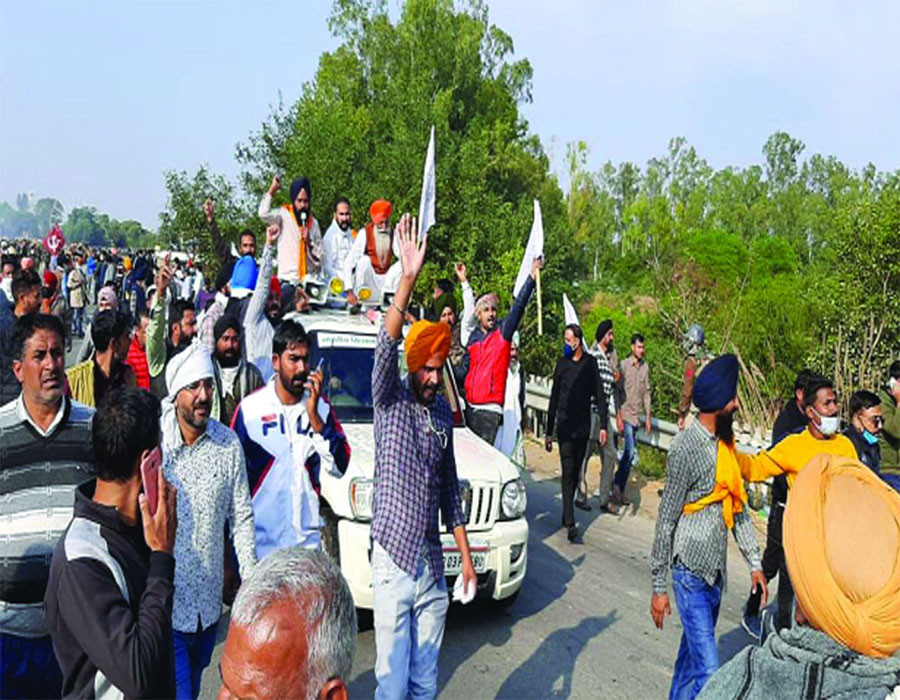
 OpinionExpress.In
OpinionExpress.In
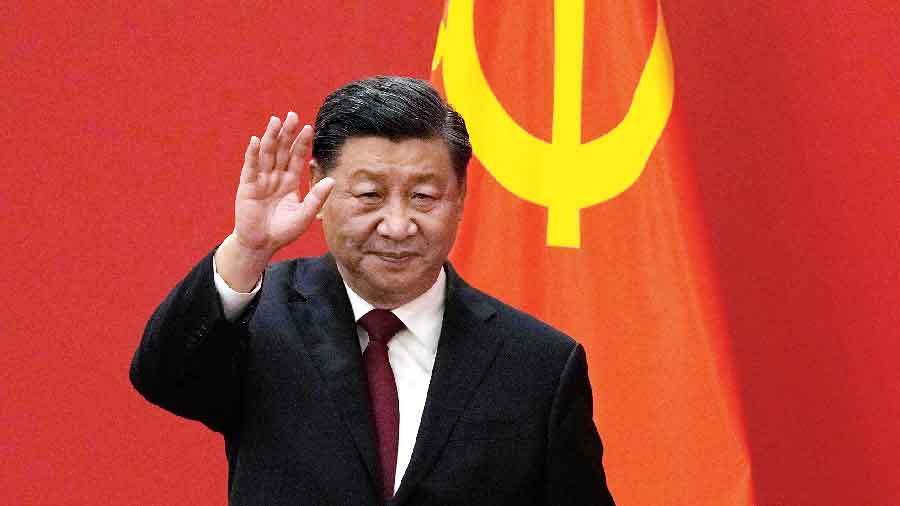


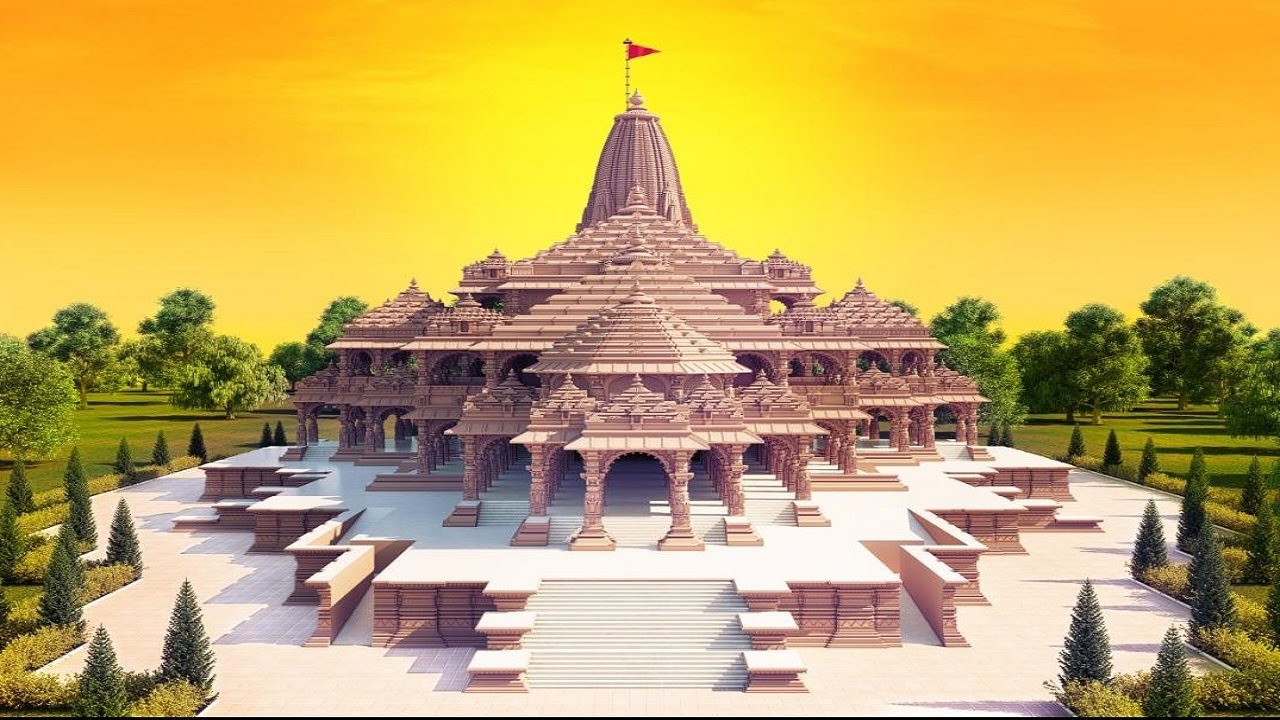
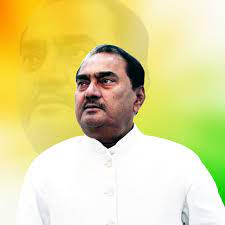

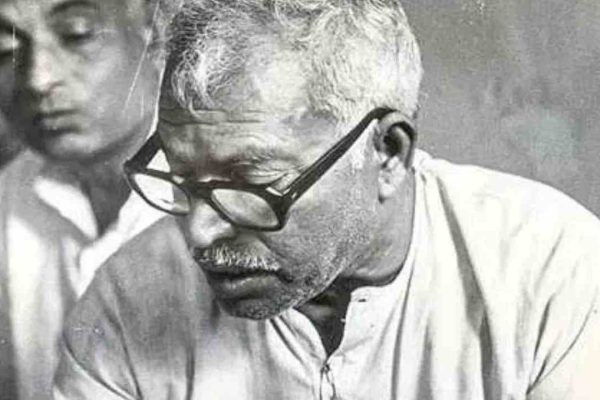
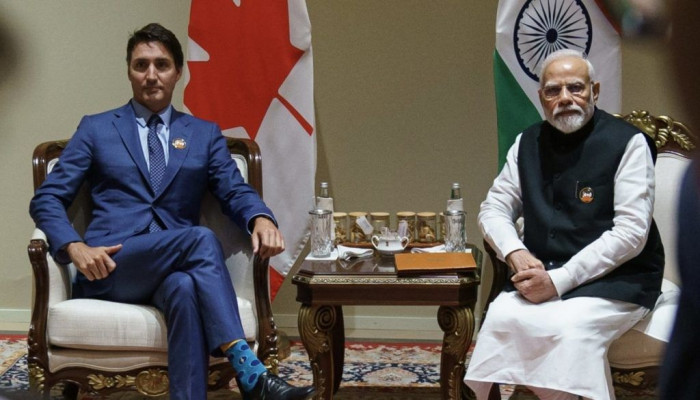







Comments (0)